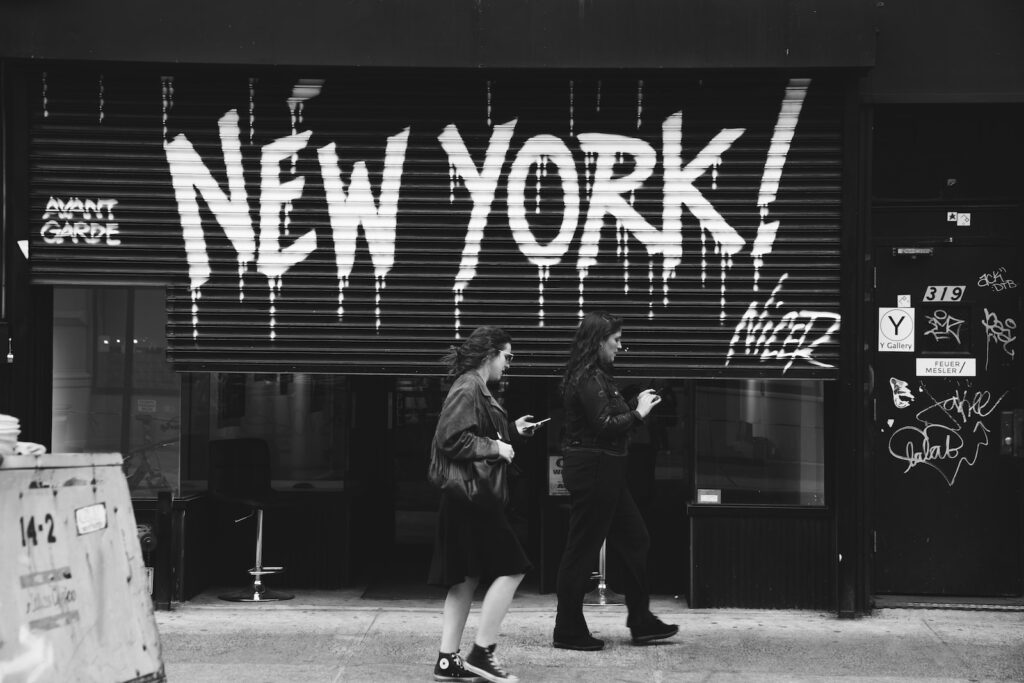Hello, I’m Dong Ho Song of Song & Associates. The relationship between a landlord and a tenant is a complex one that transcends borders and time. It’s a relationship that can be as close as it can be when there’s enough understanding and consideration, but it can also be as frustrating as it can be when there are conflicting interests. That’s why many people describe the relationship as a love-hate relationship. There are so many reasons why disputes can arise between landlords and tenants. Whether it’s a tenant falling behind on rent, a landlord neglecting to make repairs, or a tenant not moving out after the lease expires, the list is endless. One of the most common is a dispute over a security deposit. Many tenants and landlords are confused about their rights and obligations when it comes to security deposits, so today we’re going to take a look at some of the most common confusions about security deposits in New York State in a Q&A.
Q. What is the upper limit on rental deposits in New York State?
A. Many people know that a security deposit in New York State cannot be more than one month’s rent. However, there’s no upper limit on rental deposits in New York State. As long as the landlord and tenant agree, it’s okay to measure a rental deposit in months of rent. However, there are exceptions. If the property you’re renting is a Rent Stabilized Apartment, your security deposit can’t be more than one month’s rent.
Q. Can my landlord require a non-refundable deposit?
A. No, they can’t. In fact, if a tenant does not have a strong credit rating, it is common for landlords to require a security deposit in addition to the normal rental deposit. In New York State, a landlord cannot require a non-refundable security deposit from a tenant because in New York State, the security deposit is always considered the property of the tenant. Therefore, a landlord cannot require a security deposit for his or her own benefit or to generate income.
Q. Where should I keep my rental deposit?
A. The security deposit must be held at a banking institution with a branch in New York State. The security deposit should not be commingled with the landlord’s personal property, and the landlord should not use the security deposit as if it were his or her own property. If the building you’re renting is a multifamily property with six or more units, then the landlord must keep the security deposit in an interest-bearing account and return any interest earned to the tenant. Instead, the landlord can require a fee from the tenant, which can be as much as 1% of the rental deposit.
Q. How must a landlord notify a tenant after receiving a security deposit?
A. After receiving the security deposit, the landlord must deliver a letter to the tenant that includes: (1) the name of the bank where the security deposit was deposited; (2) the address of the bank where the security deposit was deposited; and (3) the amount of the security deposit.
Q. When does a landlord have to return a security deposit to a tenant?
A. Generally, a landlord must return a security deposit at the end of the lease term, or within a reasonable period of time thereafter. New York State law does not clearly define a reasonable time, so what constitutes a reasonable time may vary depending on the circumstances.
Q. What happens to my security deposit if my landlord sells the house before the lease is finalized?
A. In this case, the landlord must take the following actions within five days of transferring ownership of the home to the new landlord: First, they must transfer all rental deposits to the new landlord; second, they must notify all tenants by letter of the name and address of the new landlord, which must be sent by certified mail. If your home is being taken over by a foreclosure, different laws may apply. In these cases, it’s important to contact an experienced attorney to make sure you understand your rights as a tenant and landlord.
While the subject of rent deposits may seem straightforward, there are many other things you need to know about rent deposits in New York State beyond what we’ve covered today. In fact, it’s surprising how many people end up in litigation because of their lack of understanding of rent deposits, so if you ever find yourself in a situation where you need to give or take a rent deposit, I highly recommend that you consult with an attorney who is familiar with rental law to save yourself unnecessary time and money.
If you have any further questions about the content of this column, or if there is a law you would like our readers to know about, please don’t hesitate to contact us at 마시고mail@songlawfirm.com. I will incorporate them into my next column.
